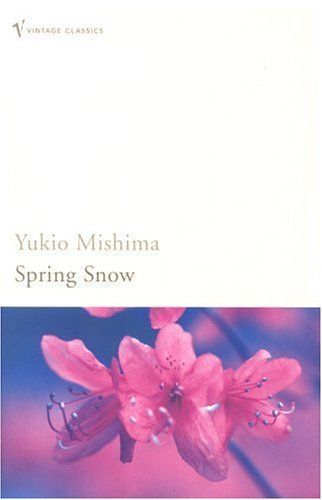
Reviews
Winnie@terminallyfine
Ĉeňdoł@asdf
Matt@oneux
Helen Ball@helenball3
Simon Elliott Stegall@sim_steg
nico@nicodzu
Melih @melhiron
𓆨@viridiantre
Yasmin@yasamarante
cg@cataphora
shu@shuyawns
George@tlxy
Betul M.@betulmozcan
Aidan@aidan
Joshua Line@fictionjunky
ann@nemereno
Dr Seth Jones@sdjones
Anas A@kenkitano
Alexandra Sergeychik@sashaserge
Florian@csshsh
Ana@anaaniri
Laura Luchian@balaura
Kim Arychuk@kimba13
Kohana@kohana
Highlights
nico@nicodzu